
BY RUPANWITA DAS
TRAVEL EXECUTIVE
COMPANY : CITI TRAVELS
(EMAIL : cititrvl@gmail.com)
KOLKATA, 4 SEPTEMBER 2023:
In a world that often seems to be moving at the speed of light, where it’s all about ticking off bucket-list destinations and capturing every moment for social media, there’s a quieter, more contemplative way to explore our planet. It’s called “slow travel,” and it’s a refreshing departure from the frenetic pace of modern life.
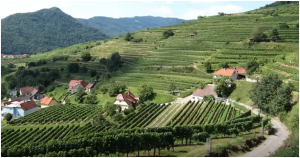
Slow travel invites us to savor the journey rather than rush to the destination. It encourages us to immerse ourselves in the culture, connect with local communities, and appreciate the beauty of the present moment. In this article, we’ll embark on a voyage into the world of slow travel, exploring what it means, why it matters, and how it can transform the way we experience the world. So, let’s slow down, take a deep breath, and begin this delightful journey at a pace that allows us to truly appreciate the wonders that surround us.
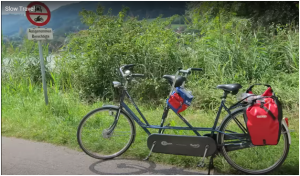
The Essence of Slow Travel :
At its core, slow travel is about mindfulness and intentionality. It’s about trading the frenzy of frenetic sightseeing for a more profound and enriching exploration of a destination. In contrast to the whirlwind tours and hastily checked-off landmarks, slow travelers prioritize depth over breadth. They choose to stay longer in a place, often weeks or even months, allowing them to delve into the heart of the local culture, traditions, and way of life.
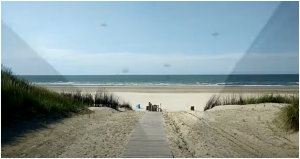
Time to Savor:
One of the key principles of slow travel is giving yourself the time to savor. Rather than rushing from one attraction to the next, slow travelers allocate their time differently. They might spend an entire morning wandering through a bustling local market, engaging in conversations with vendors, and sampling authentic street food. Afternoons are for leisurely strolls through historic neighborhoods, and evenings are dedicated to savoring regional dishes at family-owned restaurants.
This unhurried approach allows travelers to fully absorb the nuances of a place. They can witness the changing light as the day unfolds, the ebb and flow of daily life, and the subtle but significant cultural details that often go unnoticed by those in a hurry. Slow travel encourages us to become keen observers, appreciating the beauty of the ordinary and the extraordinary alike.
Connecting with Locals :
One of the most rewarding aspects of slow travel is the opportunity it provides for meaningful interactions with local residents. By spending extended periods in a destination, travelers have the chance to forge authentic connections. Whether it’s striking up a conversation with a friendly cafe owner, participating in a traditional workshop, or attending local festivals, slow travelers immerse themselves in the community.
These interactions often lead to profound cultural exchanges, a deeper understanding of the destination, and lifelong friendships. It’s through these connections that travelers gain unique insights into the local way of life and develop a genuine appreciation for the people who call the place home.
Reducing Environmental Impact:
In an era where concerns about over tourism and environmental sustainability are growing, slow travel also aligns with responsible tourism practices. By spending more time in a single location, travelers can reduce their carbon footprint associated with frequent flights and long-distance travel. They can also support local economies more effectively by staying in locally-owned accommodations and dining at neighborhood restaurants.
Furthermore, slow travel encourages a deeper connection to the environment. Whether it’s hiking through pristine landscapes, volunteering for conservation efforts, or simply taking the time to appreciate the natural beauty of a place, slow travelers often develop a stronger sense of environmental stewardship.
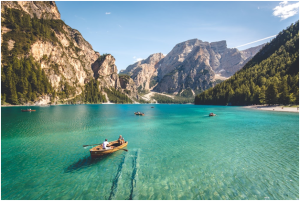
Benefits of a Travel Agent from Slow Tourism:
Now, the question may arise, how will slow tourism help and be beneficial to travel agents and tourism service providers. As mentioned above about staying in local accommodations and boarding fewer flights , how it is really beneficial to travel agents.
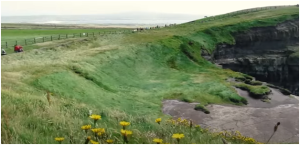
Travel agents actually play a crucial role in promoting and facilitating slow tourism.Slow tourism emphasizes a more leisurely, immersive and sustainable way of travel. The different ways a travel agent is able to help-
- Expert Knowledge : Travel agents have extensive knowledge on various destinations. Especially lesser-known , off-the beaten path locations that align with the principles of slow travel. They can provide valuable information about local culture, traditions and attractions helping travelers make informed decisions.
- Personalized Itineraries: Travel agents can create customized itineraries tailored to the preferences and interests of slow travelers. They can recommend unique experiences, accommodations, and activities that align with the traveler’s desire for a deeper connection with the destination.
- Access to Hidden Gems: Slow tourism often involves discovering hidden gems and authentic experiences. Travel agents, especially those specializing in specific regions, have access to local networks and can guide travelers to these less commercialized, yet culturally rich, places.
- Logistical Support: Slow travel may require a bit more planning and coordination due to longer stays and a focus on local experiences. Travel agents can handle logistics such as accommodation bookings, transportation arrangements, and activity reservations, saving travelers time and effort.

Cultural Understanding: Travel agents can bridge cultural and language gaps, enhancing the traveler’s ability to connect with local communities. They can provide advice on cultural etiquette and help travelers navigate unfamiliar customs, ensuring a more respectful and immersive experience.
- Sustainable Practices: Many travel agents are well-versed in sustainable tourism practices. They can recommend eco-friendly accommodations, responsible tour operators, and activities that support local conservation efforts, aligning with the sustainable ethos of slow tourism.
- Time Savings: Slow travelers value their time spent in one place. Travel agents can streamline the planning process, reducing the time and stress travelers would otherwise spend researching and organizing their trips.
- Support in Emergencies: In case of unexpected situations or emergencies during a slow travel journey, having a travel agent as a point of contact can be invaluable. They can assist travelers in resolving issues and making necessary adjustments to their plans.
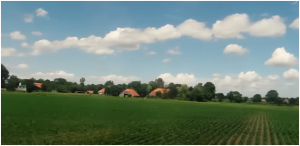
- Quality Assurance: Travel agents often have established relationships with reputable service providers. This can give travelers confidence in the quality of accommodations, transportation, and experiences they book through their agent.
- Flexibility: Slow tourism is about flexibility and spontaneity. Travel agents can adapt itineraries based on traveler feedback, changing circumstances, or unexpected opportunities, ensuring that the journey remains as relaxed and enjoyable as possible.

Conclusion:
Slow travel is a mindful and deliberate approach to exploring the world. It’s an invitation to break free from the constant rush and embrace the art of living in the moment. While it may not be feasible for every journey, incorporating elements of slow travel into your adventures can enhance your overall travel experience. By taking the time to savor, connect, and reduce your impact, you’ll not only enrich your own life but also contribute positively to the places you visit. So, whether it’s a remote village in the Himalayas or a charming town in Tuscany, consider slowing down and discovering the world at your own pace. Ending with a little anecdote – working in the travel sector allows me to meet people from around the world, from different walks of life. Talking to one such person, a lady from Russia traveling around India. She said something that actually made me really happy. She said that – “ yes monuments will be there but i travel for the people because the people are the only one of that kind in the world”. The best memories we remember or talk about after years are the ones from the journey rather than the destination, so let’s focus on the journey a little more until the destination arrives.

Advertisement:
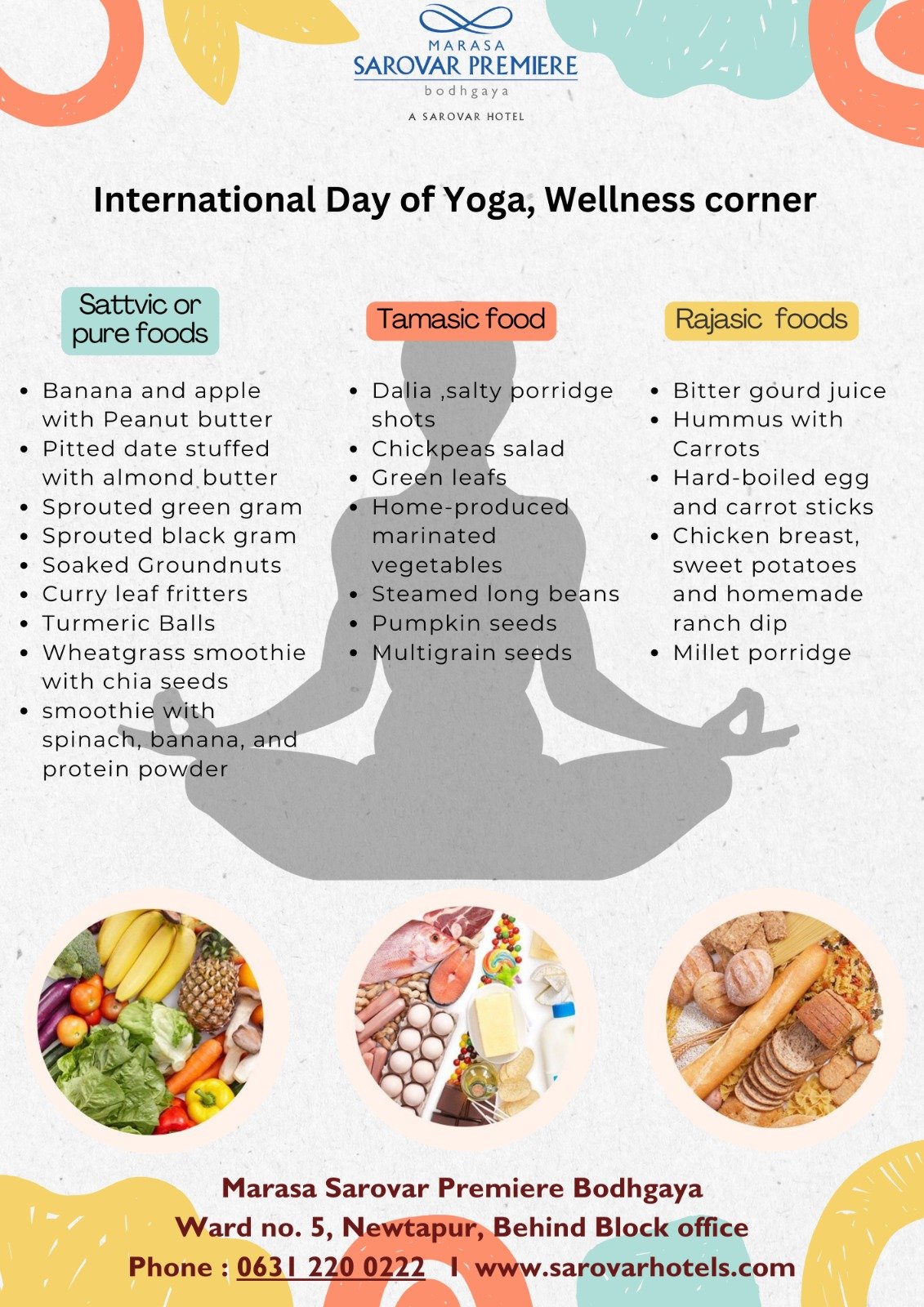

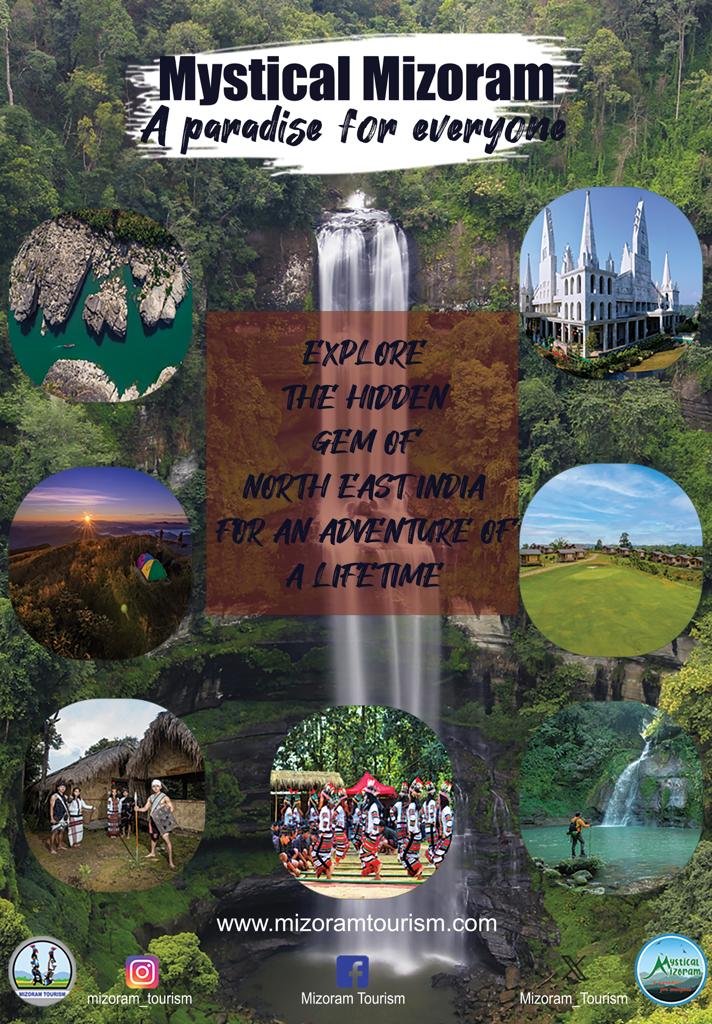




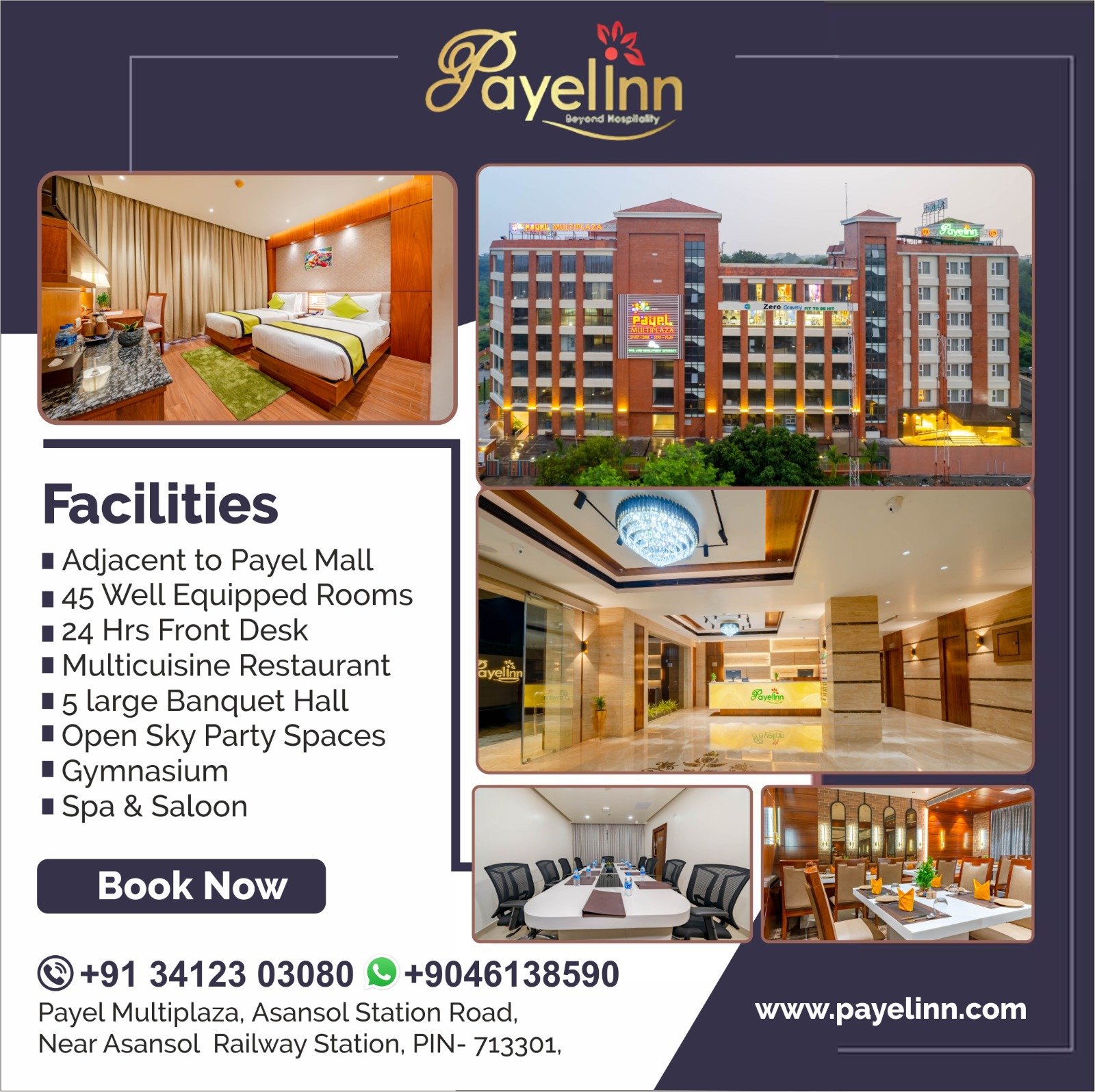

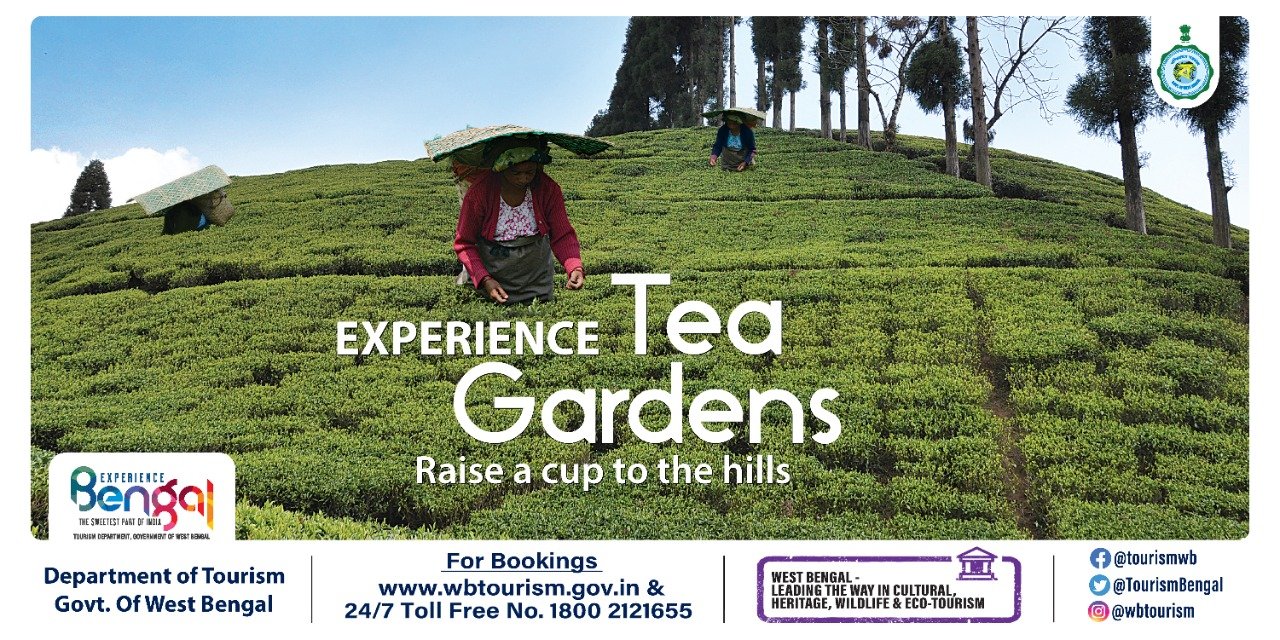


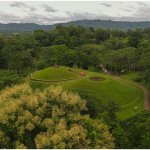

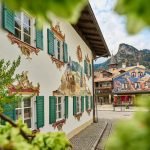
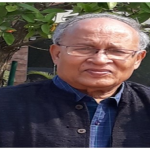
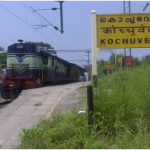



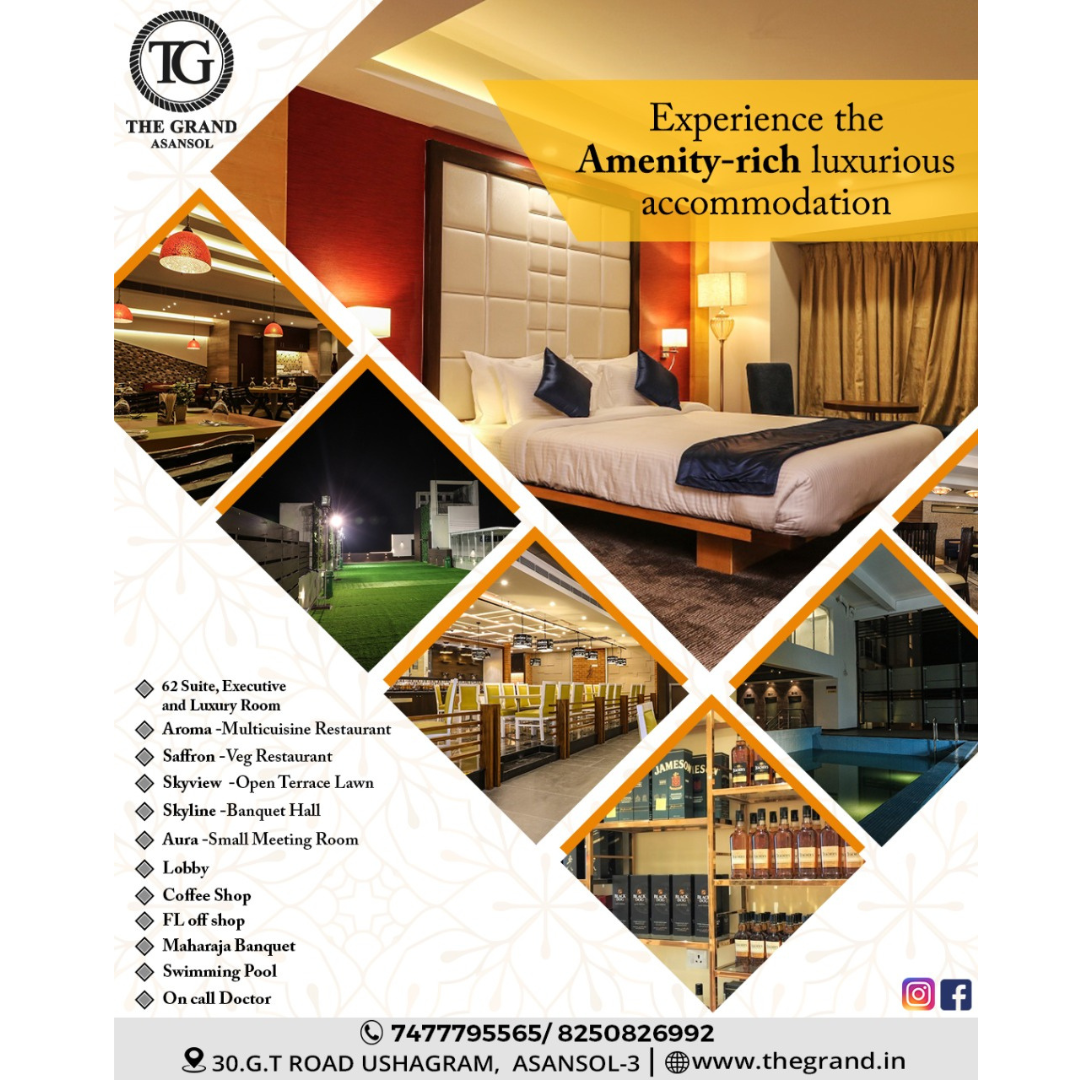













Add Comment